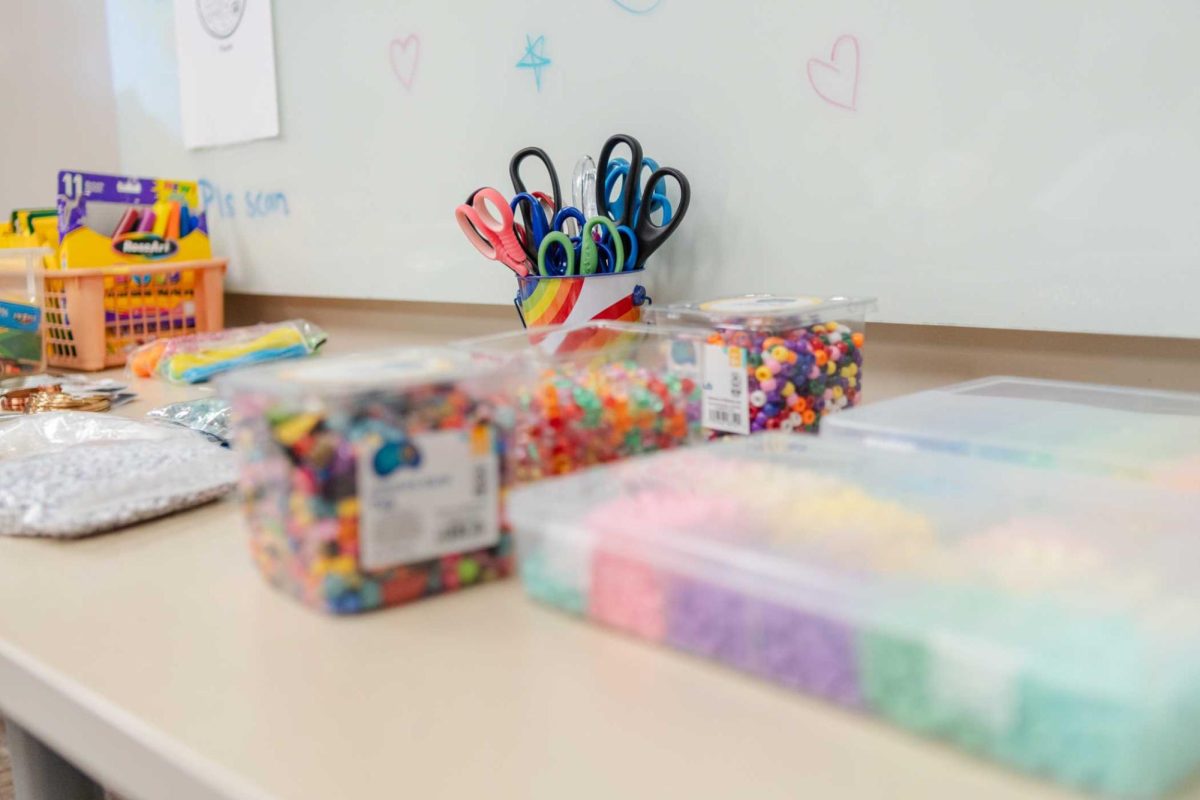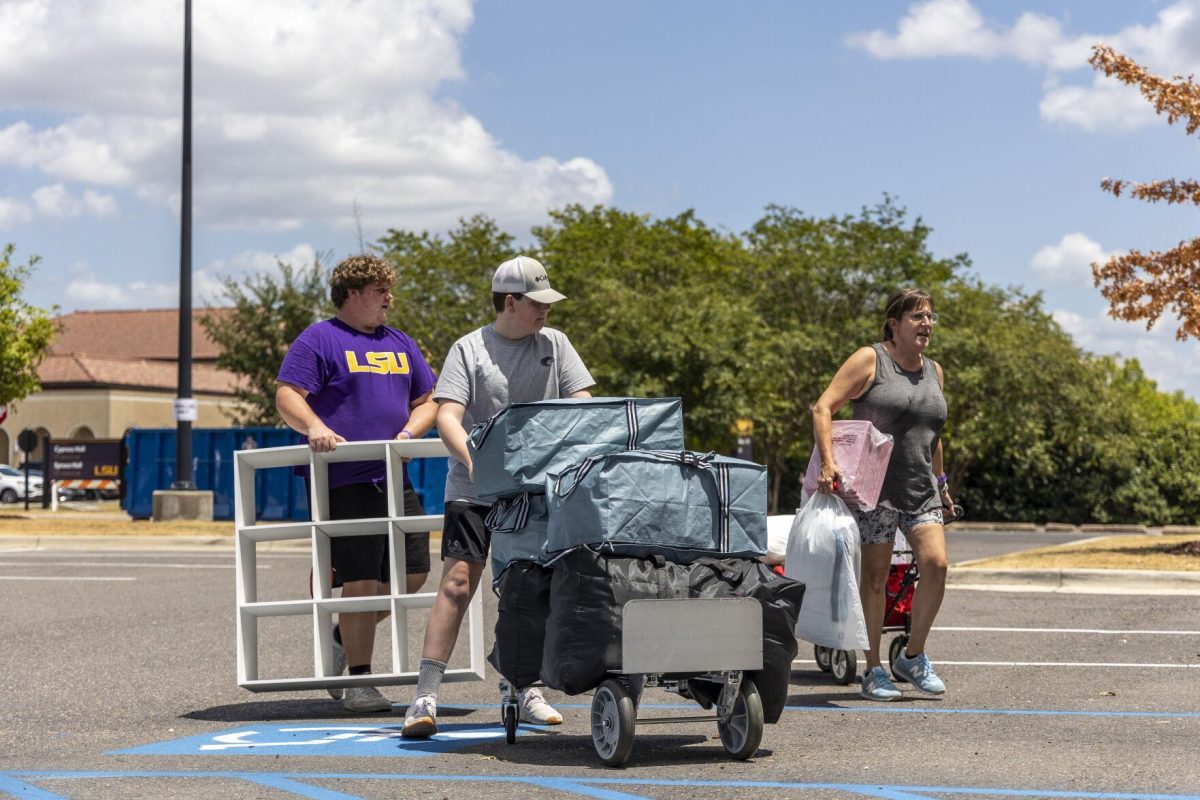Sarah Farley, associate director of the Baptist Collegiate Ministry, said ministering to LSU students has shown her firsthand just how formative the college years are.
“It really is four of the most important years of your life,” she said. “You make huge decisions: about career, friends, how you’re going to relate to your family from now on, relationship decisions and religious decisions.”
And despite former GOP candidate Rick Santorum’s claim that “62 percent of kids who enter college with some sort of faith commitment leave without it,” college is not just a place where faith goes to die. In fact, young adults not attending college were more likely to stop attending church services than their peers in college, according to a 2007 report by the Social Science Research Council.
South Louisiana is predominantly Catholic, and LSU is no exception. The largest religious student organization on campus is Christ the King, which averages about 550 attendees per mass on the weekends.
Jordan Frantz, a senior and Sacristan at Christ the King Church and Catholic Center, said the secular University presents a challenge for faith but cannot be blamed when students lose their beliefs.
“It really depends on an individual’s choice,” he said. “If someone comes in and they were nonchalant in high school, they weren’t really active in their faith, they’ll probably be less active when they come into college.”
There are currently 28 registered religious or spiritual student organizations on campus, encompassing a wide spectrum of belief and nonbelief alike.
Here are two students who have respectively lost and found their faith at LSU.
“DEAR MOM, I’M AN ATHEIST.”
I’ll say it proudly: I’m an atheist. I was raised Catholic, and I attended Catholic school through high school, but even as a young boy, I was never eager to go to church … I did not feel that I was getting anything out of it, but it appeared that many other people did and were filled with a sense of reverence and duty toward God. They often used flowery and formal language, imbuing the rather mundane happenings of a church service with cosmic significance.
Another thing that really irked me was the sheer number of untestable claims that my religion made. We were taught very specific things about the nature of God and the angels, although it was admitted that we could not see them or even really understand them. I took note of this practice of always nudging religious claims just outside the realm of testability, and I grew suspicious.
At the time, I concluded that I must be missing something. Perhaps I wasn’t getting anything out of it because I wasn’t putting anything into it? During eighth grade, I started to participate in more of my school’s youth group events. Even after doing enough service to receive recognition at the end of the year, I still did not feel like I was developing a relationship with God. I reached out with prayer and works, but he never reached out to me.
Around the time when I started high school, I began to notice that the degree to which a person was religious had virtually no bearing on whether or not he or she acted like a good person. While my teachers over the years had essentially equated “Christian” with “good person,” in practice, I saw that those whom I knew were very religious weren’t better in any observable way than those who weren’t religious.
During my freshman year of high school, we studied the Old Testament and often came upon passages that were scientifically inaccurate. We were urged not to take them literally. At any rate, these caveats often sounded a little too contrived, and they eventually prompted me to denounce both my faith and the book it was based upon.
After this point, I no longer felt genuine about participating in prayers or in church services. I felt as if I were lying to everyone, but I dared not tell anyone for fear of rejection and persecution. Maintaining this façade became more and more difficult over time. I never felt more alone than I did in a Church.
Today, I still do not believe in a god, but I no longer feel alone. I’ve met a number of good people here at LSU that sympathize with my views, and I recognize that we’re part of a larger community of nonbelievers. I recognize that faith is an intensely personal part of one’s life, so I do not seek to “de-convert” others. However, I am determined to let everyone know that they have other options, and that there are people like them out there who have made the same choice.
– Taylor Simon, philosophy and economics junior
“DEAR MOM, I’M A JESUS FREAK.”
Dear Mom,
As a child in a culturally “Christian” setting, I developed a wrong view of who God is, as well as a grudge toward God that was centered on the problem of evil. I thought that God was like a puppet master and the world was his game board, where he could move people and events around like the figures in Candyland. As a result, when I got older and noticed the world’s flaws, I blamed God. It all seemed arbitrary to me; there couldn’t be meaning behind what I perceived as the mishaps of God’s big game.
-Sydney Smith, philosophy senior






